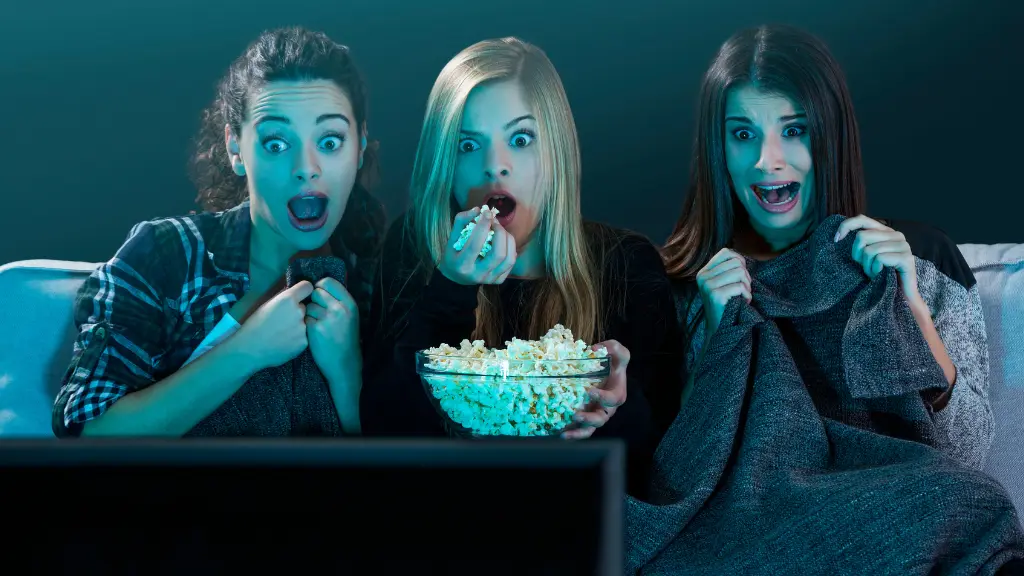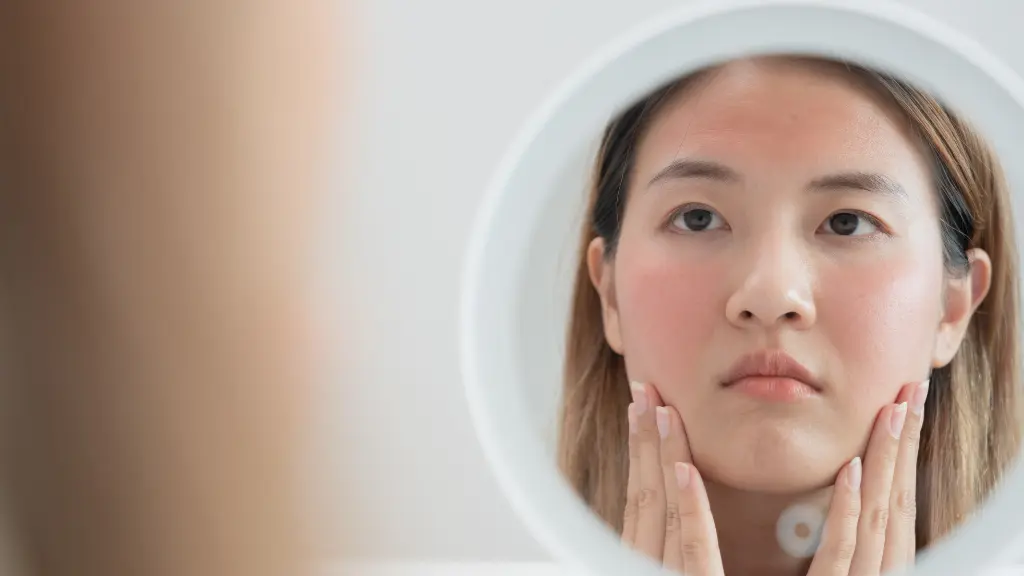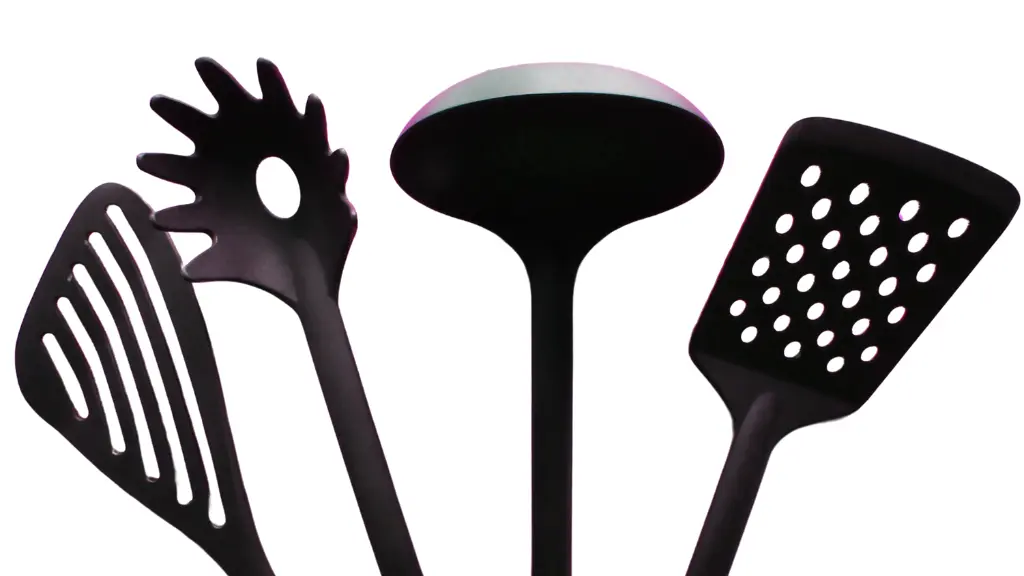Horror movies are often associated with screams, suspense, and spine-chilling moments. While the genre is sometimes perceived as male-dominated, statistics reveal that women are among its most loyal fans. But what draws them to scenes of terror and tension?
From emotional catharsis to feeling empowered, the reasons are as multifaceted as the genre itself. Let’s dive into the psychology, social dynamics, and cultural factors behind women’s enduring love for horror.
You May Also Like: What Is Salmon Sperm in Skincare?
Emotional Catharsis: The Safe Thrill
One of the most compelling reasons women gravitate toward horror is emotional catharsis.
Facing Fears Safely
Horror offers a safe environment to experience and confront fear. Watching a terrifying scene from the comfort of home or a theater allows for adrenaline rushes without real danger.
The Power of Release
Many women find it emotionally cleansing to scream, cry, or even laugh after a particularly scary scene. It’s a way to release pent-up tension, similar to the effects of a rollercoaster ride.
Empowerment Through Horror
Horror isn’t just about fear; it’s also about survival and resilience.
Final Girls and Female Heroes
The “final girl” trope, where the last surviving character is often a resourceful woman, is a staple of the genre. Characters like Laurie Strode from Halloween or Sidney Prescott from Scream show strength, wit, and endurance.
For many viewers, seeing women triumph over evil resonates deeply. It’s not just entertaining; it’s empowering.
Challenging Gender Norms
Horror often subverts traditional roles. Women aren’t always portrayed as damsels in distress. They’re fighters, thinkers, and, sometimes, the villains themselves.
Connection Through Community
Horror creates a sense of camaraderie among fans.
Bonding Over Shared Fear
Watching horror movies with friends or family can strengthen bonds. The shared experience of screaming, laughing, or theorizing about the plot creates lasting memories.
Thriving Online Communities
Social media platforms and forums are filled with discussions about favorite horror films, characters, and theories. Women actively participate in these spaces, connecting with others who share their passion.
Psychological Insights: Why Women Love Fear
The allure of horror is rooted in psychology.
Adrenaline and Dopamine
Horror movies trigger a fight-or-flight response, releasing adrenaline. Once the scare subsides, dopamine floods the brain, creating a sense of euphoria.
Control Over Fear
Watching horror allows women to control how much fear they experience. They can close their eyes, mute the sound, or laugh nervously—all while staying in control.
Horror as a Reflection of Society
The genre often mirrors societal issues, making it intellectually engaging.
Exploring Real-World Fears
From Get Out tackling racism to The Babadook exploring grief, horror frequently delves into deeper themes. These stories resonate with audiences, particularly women, who see parallels with their own experiences.
Reclaiming Power
Horror gives women a platform to confront societal fears, whether it’s about violence, inequality, or loss of control. Watching female characters confront and overcome these fears can feel validating.
The Appeal of Psychological Thrillers
Not all horror is about gore and jump scares. Psychological thrillers are a favorite among women for their cerebral and emotional depth.
Complex Characters
Movies like Black Swan or Gone Girl feature layered female protagonists. These films explore mental health, ambition, and relationships, drawing women into intricate narratives.
The Element of Mystery
Psychological thrillers often blur the line between reality and imagination, keeping viewers guessing. This intellectual engagement is a significant draw for many women.
Horror Subgenres Women Love
Not all horror is created equal. Here are a few subgenres that particularly resonate with female audiences:
- Supernatural Horror: Ghost stories like The Conjuring appeal to those intrigued by the unknown.
- Slasher Films: While intense, these often feature strong female leads who outwit their attackers.
- Psychological Thrillers: Complex plots and emotional depth keep viewers hooked.
- Horror-Comedies: Films like Shaun of the Dead or The Cabin in the Woods blend scares with humor, offering balance.
Representation Matters
The increasing number of women behind the camera in horror is making the genre more inclusive.
Female Directors in Horror
Creators like Jennifer Kent (The Babadook) and Karyn Kusama (The Invitation) bring unique perspectives to the genre. They tackle themes of motherhood, trauma, and identity in ways that resonate with female audiences.
Diverse Storytelling
Representation of different races, cultures, and experiences in horror is also expanding. This inclusivity makes the genre more relatable and engaging.
Cultural Significance of Horror for Women
Horror allows women to explore and challenge societal norms.
Breaking Taboos
The genre often delves into subjects considered taboo, such as sexuality, mental health, and death. For many women, this openness is refreshing and thought-provoking.
A Space for Expression
Horror provides an outlet for emotions and ideas that might otherwise be suppressed. It’s a genre where the loudest scream is celebrated.
Conclusion: A Genre for Everyone
Horror isn’t just about scares—it’s about storytelling, resilience, and community. For women, the genre offers a unique mix of thrills, empowerment, and emotional depth.
Whether it’s the catharsis of a good scream, the joy of a shared experience, or the satisfaction of seeing women triumph, horror continues to captivate female audiences. So, carry on screaming—it’s more than entertainment; it’s a celebration of strength and survival.











Nice 🙂
Good job👍